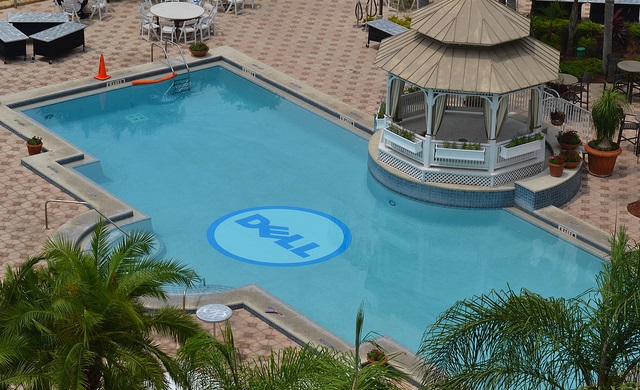Michael Dell’s message on the Dell (NASDAQ:DELL) website begins with these words: “Successful, innovative companies tend to aspire to a greater purpose that goes beyond the bottom line.” If there were ever a time to test how much he really believes that, it is now.

The boardroom discussions must be increasingly more intense at Dell as Michael and Silver Lake Management are attempting to privatize the company. The one-time leader in desktop PC production (this article is being created on a Dell) lost $5 billion in revenue during 2012. Now it has followed up that with a 79% drop in first quarter earnings on a 2% decline in revenues to $14.1 billion. A net profit of $130 million may sound fine in and of itself, but not when compared to $635 million in the same quarter of 2012.
To be entirely fair, the revenue and earnings issue is probably largely due to the company’s realignment of its operations intended to bring it more into conformity with changing consumer demand that had, frankly, begun to leave Dell in the wake of a declining market segment. In all likelihood, had Dell not invested copious amounts of money re-configuring itself, it might have found itself in a retirement home for the obsolete. According to my co-writer, Ed Liston, in a story published on 15 February, “the maturing PC Market . . . contributes to 65% of Dell’s sales [whilst the overall] sales of PCs has declined.” CFO Brian Gladden said that Dell’s strategic actions, which include reducing prices, investing more heavily in R&D to develop new business segments, and hiring additional sales staff, have temporarily adversely affected profitability. Despite the “big picture,” the company’s revenues from enterprise solutions, services and software increased by 12% to %5.5 billion. That would seem to indicate some initial positive results.
The sticky wicket in all of this is not so much the decline in profitability as it is the accusations of other shareholders who would like to keep Dell public and who, therefore, are fighting against Michael Dell and Silver Lake in their takeover bid. Carl Icahn and Southeastern Asset Management have proposed a counter-offer to the $24.4 billion Dell-Silver Lake proposal. The board has endorsed the Dell-Silver Lake deal, but does not believe that Icahn’s proposal is workable. The problem is that some are suggesting that Dell has either intentionally increased expenses in order to show decreased profitability, or even that it might have padded its reserves to create the same effect. The Dell-Silver Lake plan is a $13.65 per share buyout. The Icahn plan allows shareholders to retain their shares, plus offer them a one-time payment of $12 per share. Meanwhile, several institutional investors seeking calmer waters have elected to sell off most or all of their shares and get out of the drama altogether.
Dell share price closed yesterday on the NASDAQ at $13.43.


















